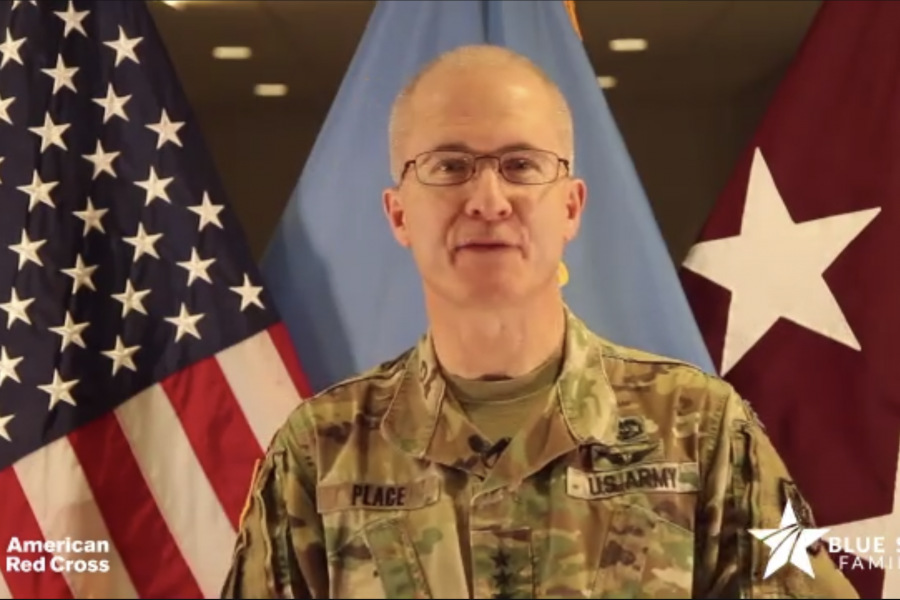The military is shipping the Moderna COVID-19 vaccine overseas for administration to adult military dependents, and shots will be rolled out in a parallel manner to what’s happening stateside, Defense Health Agency Director Army Lt. Gen. Ronald J. Place said.
“We’re shipping vaccine overseas right now and moving through a phase model, [the] same phase model we’re using here in the United States,” he explained during a Feb. 4 virtual town hall co-hosted by the nonprofit Blue Star Families and the American Red Cross. “For the most part, we’ve not yet reached healthy family members.”
Place also encouraged military family members who were open to getting the vaccine to get it as soon as possible at whatever location is most convenient for them, even if that means somewhere other than their local Military Treatment Facility (MTF).
“If it’s available in the community and easier for you to get it there, then get it at your first opportunity,” he said. “If you normally get care at an MTF, please let us know if you get the vaccine somewhere else so we can update your records.”
Otherwise, once vaccines become available to new population groups, individual MTFs will use phone calls, secure messaging, and media outreach to let people know when it’s their turn to get vaccinated.
“We started that work for some individuals over 75 years of age in some locations, and hope to expand soon to individuals 65 and older,” he said.
The Defense Health Agency will also offer vaccines to beneficiaries who reside close to a Military Treatment Facility, even if they don’t depend on it for care, he said.
“We’re working with the Department of Health and Human Services and requesting vaccine for both MTF users and other beneficiaries in our local communities,” he said.
Place said TRICARE beneficiaries who live about 40 miles or more away from their nearest MTF should get the vaccine, and said DHA is advising these people to consult with “their state, county, [and] local resources,” and to reach out to their “civilian health care provider” for information about getting them. The agency is also partnering with its TRICARE contractors to make sure healthcare providers keep their patients informed, he said.

